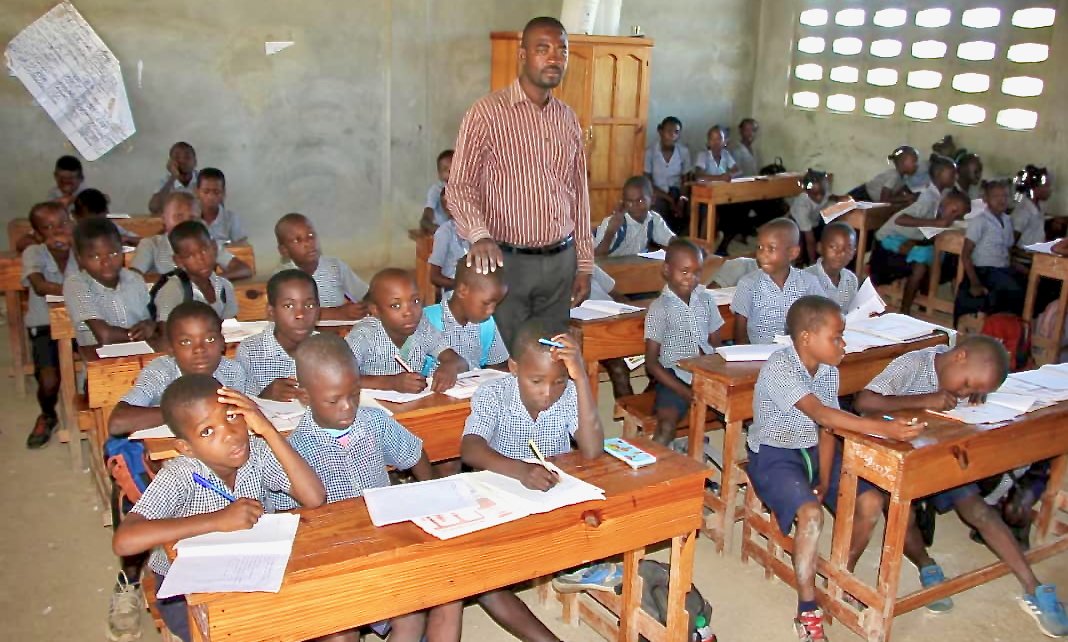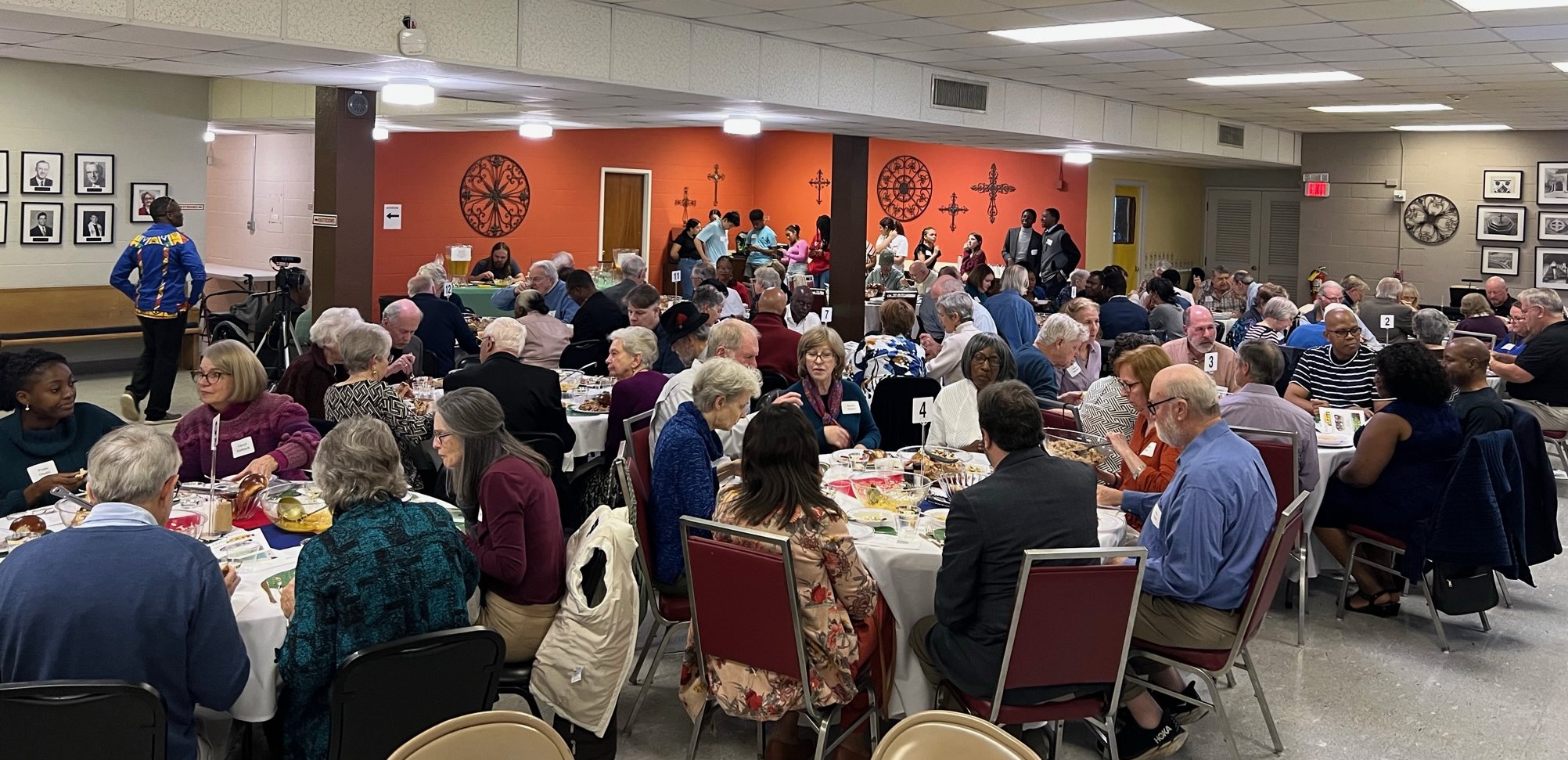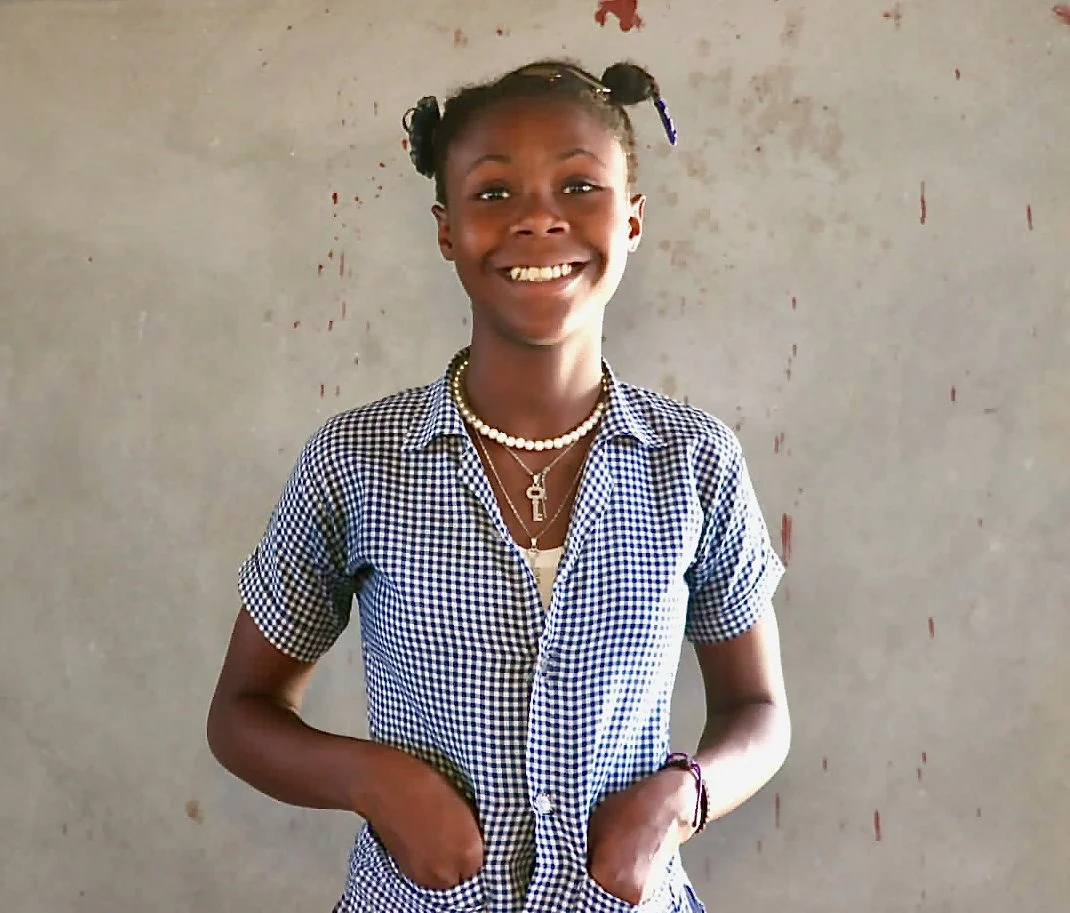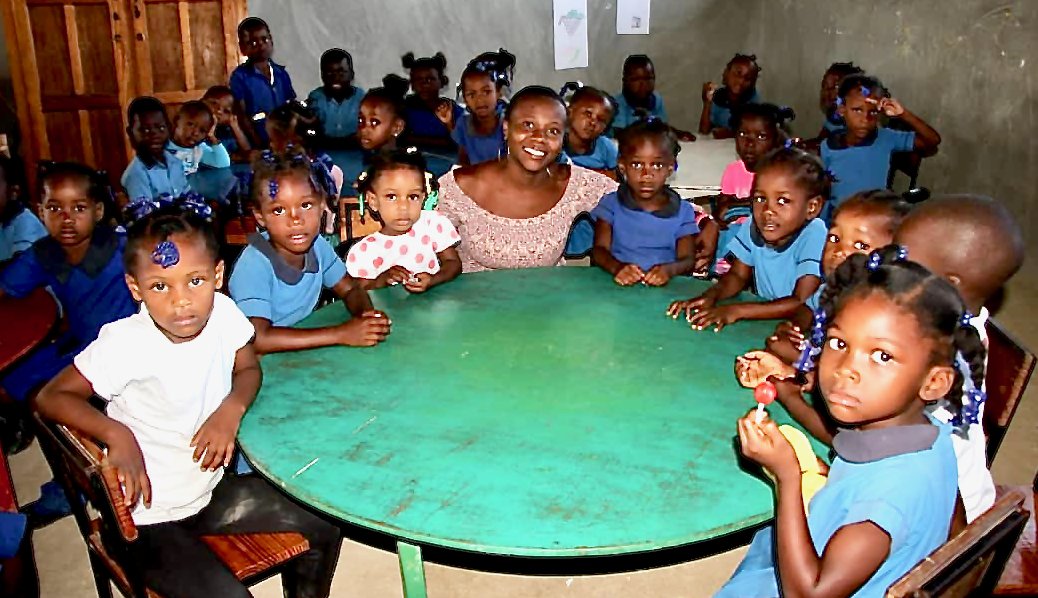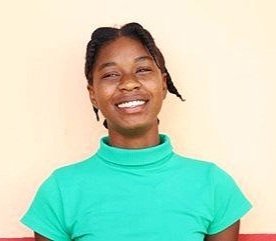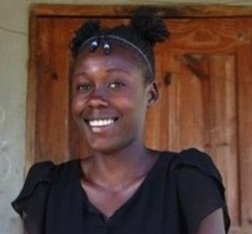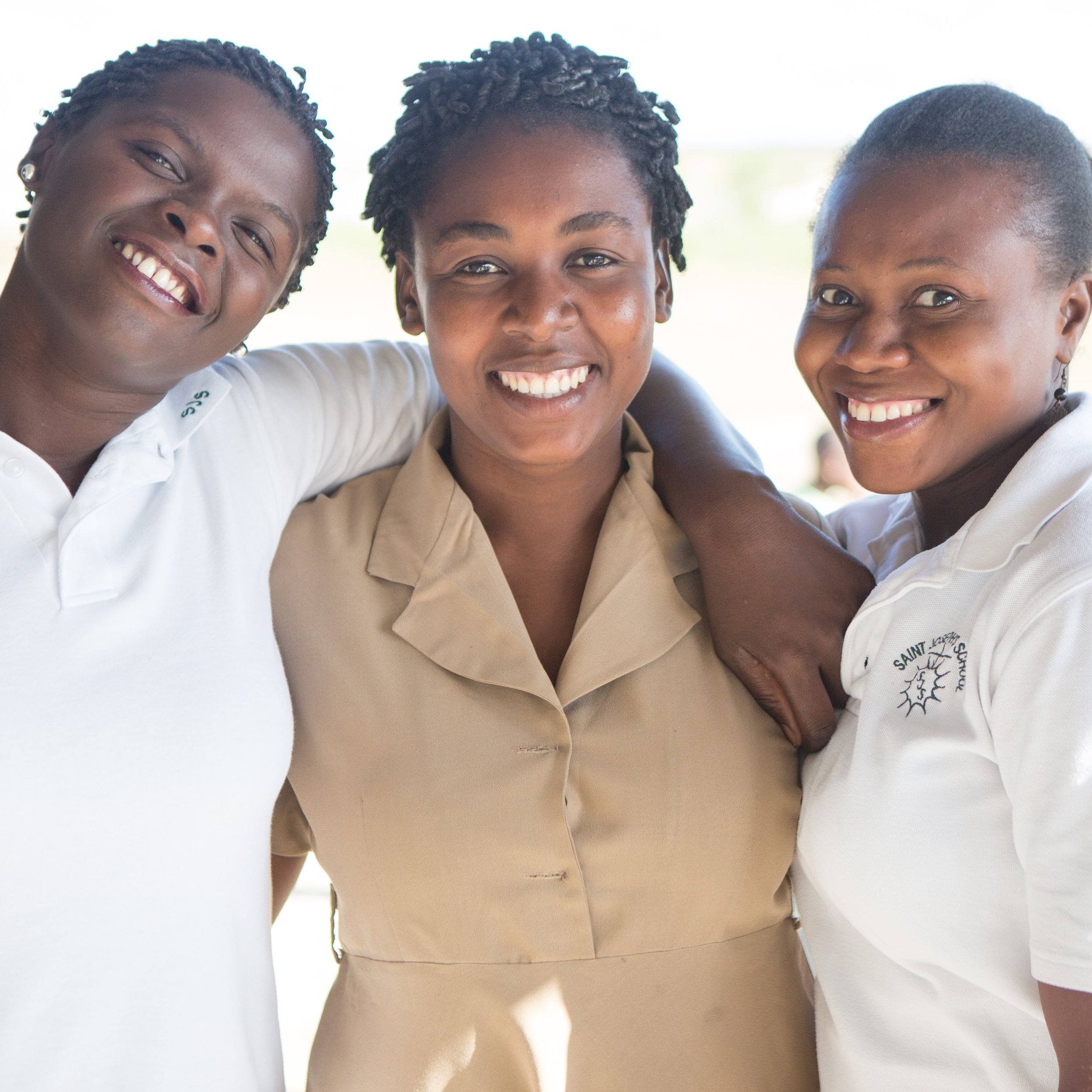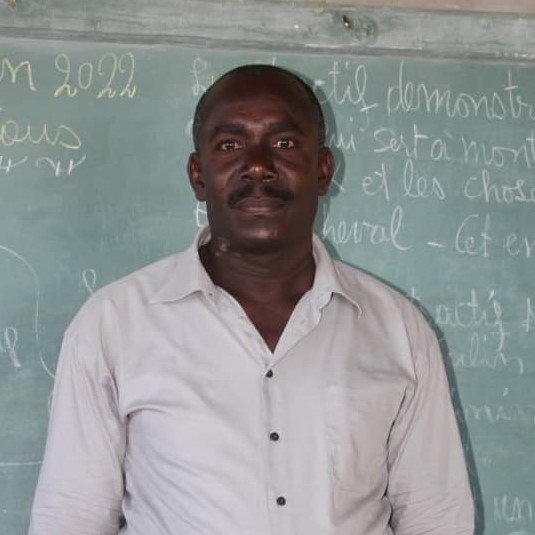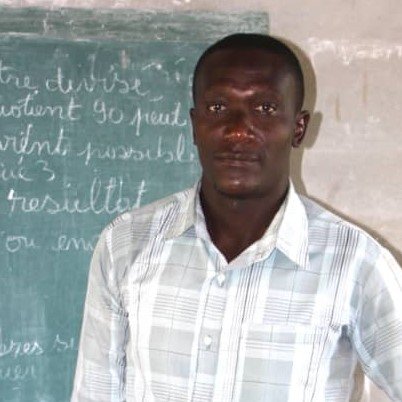The headline is from an article in The Haitian Tribune, an online English-language newspaper. As a supporter of the EcoVillage School, you may have an interest in knowing the milieu in which the school will operate this year. So, this blog quotes liberally from the Tribune story.
The story begins: “As Haiti continues to grapple with deepening instability, the Ministry of National Education has officially set the start date for the 2025–26 academic year: Wednesday, October 1. Despite the mounting challenges facing the country—including violence, displacement, and systemic dysfunction—education authorities are pressing forward with plans for a full academic calendar.”
The story continues by describing Haiti’s crisis as the new school year is about to begin. “While the calendar may appear routine on paper, the reality on the ground is anything but. Large parts of the country … remain affected by armed violence, gang control, mass displacement, and chronic poverty. Many public and private schools have either been destroyed or are now occupied by internally displaced people (IDPs) fleeing gang violence in Port-au-Prince and other regions.” Our last blog (Another Year Completed at the EcoVillage School) described just such a situation in which Dejean Sainte Marie, an IDP, and her 2 children were sheltering in our school.
The Ministry of Education, which is a collection of toothless bureaucrats who have no funding, “has called on local authorities, government partners, and international organizations to stand by the education system,…”.
The article accurately describes the situation in the community that sends children to the EcoVillage School. “Parents are hopeful, but cautious. Teachers are determined, yet under-resourced. And students… are facing an uphill battle to reclaim their right to learn.” Thanks to support from so many of you, the EcoVillage School will open on schedule, teachers will be paid and 400 children (including some IDPs) will claim their right to learn in safety. The EcoVillage School continues to be a beacon of hope.
The Tribune article closes with a poignant description of this moment. “As the 2025-26 school year approaches, Haiti’s education system finds itself at the crossroads of ambition and adversity - an enduring reflection of the nation’s resilience and its ongoing struggle for stability.”
To read the full article, go to As Haiti Plunges Deeper Into Chaos, A New School Year Begins October 1st – The Haitian Tribune



